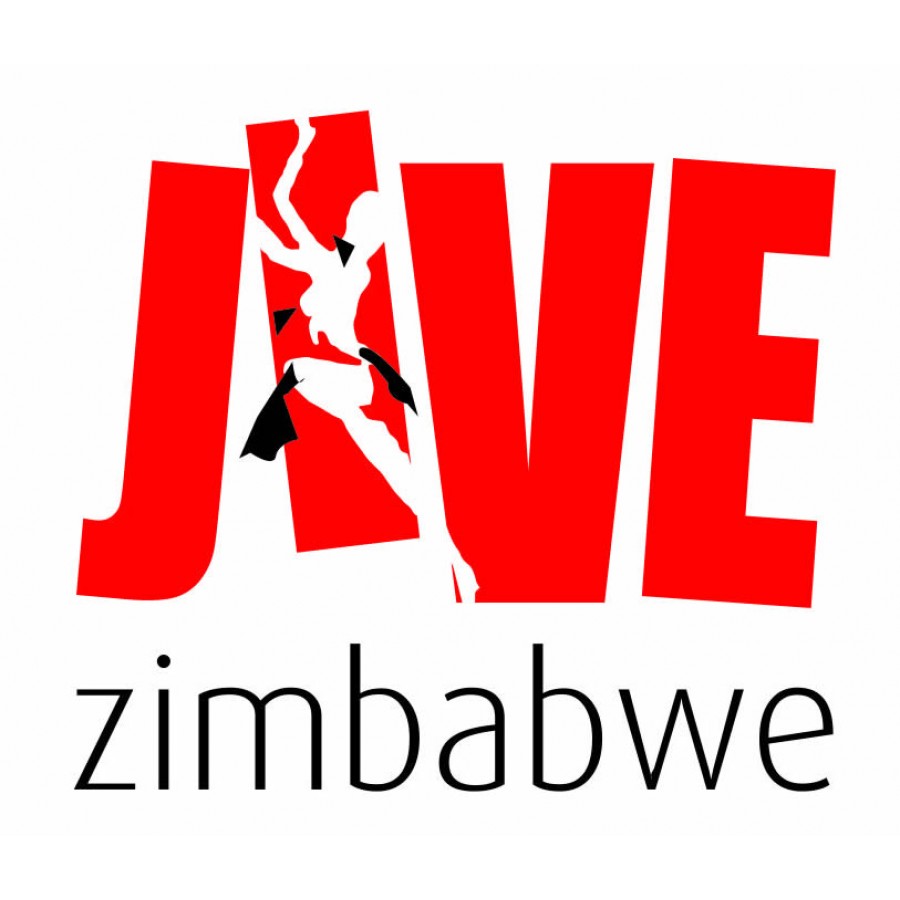
The Sunday Mail

 There seems to be no remedy for the scourge of music piracy, which has turned some singing geniuses into beggars.
There seems to be no remedy for the scourge of music piracy, which has turned some singing geniuses into beggars.
The police, Government and artistes themselves are constantly trying to find ways to eradicate piracy.
Last week, Jive Zimbabwe — an arts management firm that also does corporate branding — launched an online music store in the capital.
Like anointing oil — popularised by the Magayas and the Makandiwas of this world — the buzz around the product, which has been seen as some sort of a cure for the piracy plague, got unprecedented attention.
A number of artistes, from Zim dancehall, gospel, sungura and jazz to record labels and other stakeholders in the music industry, signed up for the “experimental drug”.
Soul Jah Love, Suluman Chimbetu, Jah Prayzah, Somandla Ndebele, Maskiri, Romeo Gasa and record labels like Chill Spot Records and Diamond Studios are already on board.
ICT and Courier Services Minister Webster Shamu described the online store as a “glimmer of hope” that would help musicians and other stakeholders find a lasting solution to piracy.
He praised the Jive Zimbabwe team for doing their bit in trying to solve the problem that “has had governments around the world and the most talented of our people cracking their heads over”.
Benjamin Nyandoro, director of Jive Zimbabwe, said the transparency offered by their product was enough to win over many artistes’ hearts.
“Every artiste who is a part of the programme has his or her own administrator’s password that allows them to see exactly how one’s own music sales are going,” said Nyandoro. “We are the first company that does online music in Zimbabwe to have a local settling bank. Most companies that have tried this before us used or still use foreign banks. With us, one can check to see their music sales online, communicate with our office using e-mail or any other means and then go to the bank to collect their money.”
Nyandoro stressed that the arrangement would not only benefit artistes and record labels but Government as well as the Zimbabwe Revenue Authority would find it easier — through the paper trail — to collect its taxes.
The website (www.jivezimbabwe.com) allows customers to listen to songs before they buy, and also has an entertainment diary and profiles of artistes whose music is on sale.
Nyandoro said although piracy was driven by many things, availability and affordability of products were the main driving forces.
“We will make the product available and affordable. Albums will range from as little as US$1 to US$5. We need to encourage our people to enjoy paying or rewarding their artistes for the effort they put into their work,” he said.
National Arts Council of Zimbabwe director Elvas Mari, in condemning piracy, asked the authorities to put in place punitive measures like those used in stock theft as a deterrent.
Sungura musician Alick Macheso said he was tired of thieves “stealing his fruit from the other side of the fence” and warned that they would soon get electrocuted while in the act.
“We hope this local guy will bring sanity to this whole thing. These online people have been selling our music on the Internet and using our money themselves for a long time. Let’s hope this one really means what he is saying and will actually help us benefit something from our music,” said Macheso.
Soul Musaka, popularly known as Soul Jah Love or Chibaba, said he hoped this would be his pension.
“We will just monitor and not claim the money because this would be our pension. For now we can do shows, but there shall come a time when we need it — we hope it will all work out,” said Musaka.
Urban Grooves hotshot Maskiri said piracy was a difficult thing to deal with, but always worth trying to fight.
“Artistes work hard; we all know how hard life is in Zimbabwe, so we do not want all that hard work to go unrewarded. Let’s fight against piracy, say no to piracy. Everyone who fights piracy is worth supporting,” said Maskiri.
On the launch of the online music store, Maskiri said it was better to get a little bit of money from those sales than a situation whereby everyone has the music and the artiste gets nothing.



